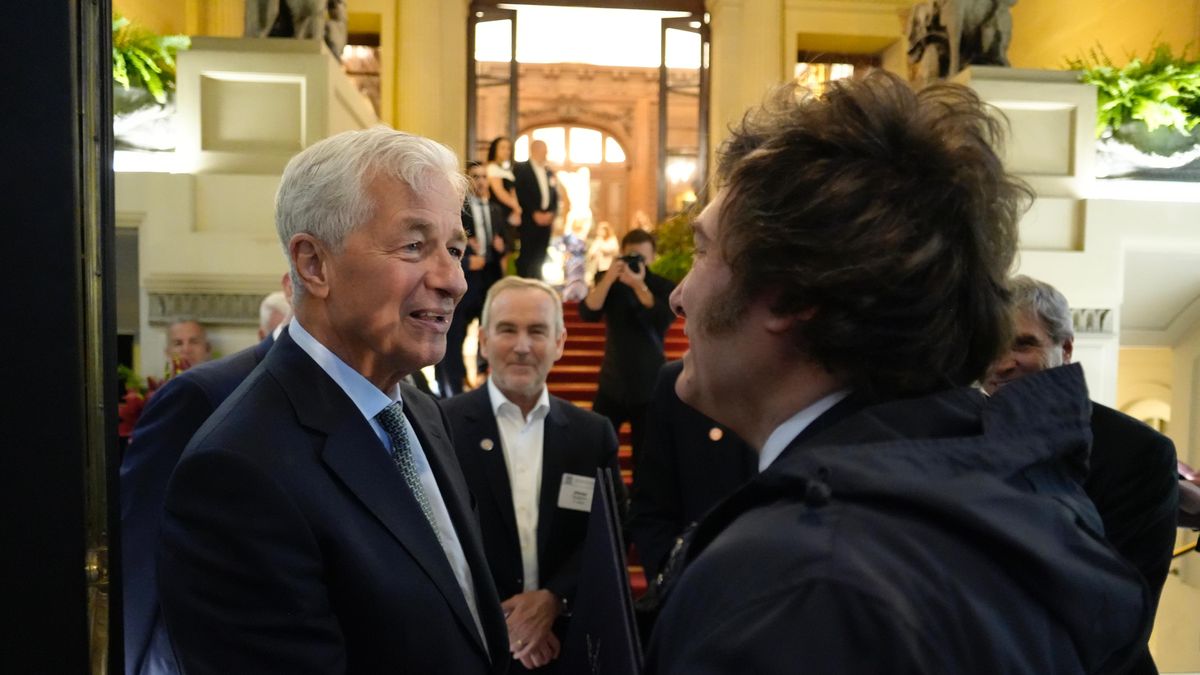War in Europe – not only in the neighboring countries of Ukraine there is disbelief. People around the world are mobilizing against Putin and his invasion. In Russia, this can have serious consequences.
According to civil rights activists, around 90 people were arrested on Friday during renewed anti-war demonstrations in Russia against the invasion of neighboring Ukraine. There were solidarity actions all over the world that ended peacefully.
The Owd-Info portal registered protests in 17 Russian cities by the evening. Photos and videos, mainly from the Baltic Sea metropolis of St. Petersburg, were published on the Telegram social network, showing how police officers sometimes act harshly against demonstrators. Many Russians feel close ties to the Ukrainians, and there are often family ties. They want to show their sympathy.
The protest movement was initially much smaller than the day before, when more than 1,700 people had been arrested in more than 40 cities. People shout “No to war!” and face severe penalties for the banned street protest. The Russian authorities warn against taking part in the unauthorized rallies. Demonstrations are not allowed under the pretext of security against infection in the corona pandemic.
Global solidarity actions
In Germany and many other countries, too, the war unleashed anger and dismay. Around the world, demonstrators took to the streets in solidarity with the Eastern European country. Buildings and monuments were illuminated in the blue and yellow colors of the Ukrainian flag – from the Brandenburg Gate to the Roman Colosseum and 10 Downing Street in London to Flinders Street Station in Melbourne, Australia. In Germany, further rallies have already been announced for the weekend in several cities, including a large demonstration in Berlin.
Russia
Many Russians disagree with President Vladimir Putin’s war policy. According to civil rights activists, more than 1,700 people were arrested during protests in numerous cities. The civil rights portal Owd-Info registered actions in dozens of Russian cities – despite a ban on demonstrations and the threat of penalties. In the capital Moscow, about 1,000 people chanted “No to the war!” in the central Pushkin Square.
Germany
According to the police, around 2,500 people gathered in Berlin on Thursday evening in front of the Brandenburg Gate, and 1,500 protested in front of the Federal Chancellery. There were also protests at the Russian embassy. Leipzig hoisted the Ukrainian flag at the New City Hall in solidarity with its twin city of Kiev. More than 5,000 people gathered here for demonstrations. Many held lights or signs that read, among other things, “Hands off Ukraine.” Numerous organizations have called for a demonstration at the Brandenburg Gate on Sunday, and 20,000 participants have been announced by the police. Protests are already planned in many places in Germany for Saturday.
Czech Republic
In Prague, the largest actions took place with a total of around 5,000 demonstrators on Wenceslas Square in the city center and in front of the Russian embassy in the Bubenec diplomatic district. Banners read “Stop Putin” and “We will not give up on Ukraine”. Ukraine is less than 400 kilometers away from the Czech Republic.
Italy
In Rome, protesters gathered in front of the Colosseum, which was illuminated in Ukrainian colors. Many carried the blue and yellow flag in their hands. There was also a rally in front of the Russian embassy. The leader of the Social Democrats, Enrico Letta, was embracing stunned people. Protesters also marched in front of the famous Scala in Milan.
Hungary
In Budapest, the protests were not only directed against the invasion of Russia, but also against the pro-Moscow policies of right-wing Prime Minister Viktor Orban in recent years. On Thursday afternoon, he fought his way through criticism of Russia on Facebook: “Together with our EU and NATO allies, we condemn Russia’s military action.”
Spain
In Madrid there was prominent support for Kiev: Hollywood star Javier Bardem (52, “No Country for Old Men”) protested against the war together with Spaniards and Ukrainians in front of the Russian embassy. “The victims are always the same: women, children, the elderly,” said the Oscar winner.
Switzerland
Around 1,000 people in Zurich called for peace with candles and lights. Several hundred people with Ukrainian roots and Swiss people came together at the seat of the federal government in Bern. “No money for Russian oligarchs,” read a banner. Switzerland had decided not to freeze Russian accounts, including those of people subject to sanctions in the EU.
USA
In New York, hundreds of people with Ukrainian flags and placards gathered in Manhattan, including in Times Square, in front of the Russian consulate and the United Nations. Long queues formed in front of the city’s numerous Ukrainian restaurants and bars. Around 150,000 Ukrainians live in the metropolis on the US east coast, according to Mayor Eric Adams the largest such group in the USA. “Our city stands with them,” Adams wrote on Twitter. “This unprovoked and unjustifiable invasion of their homeland is an attack on freedom.”
Other countries
There were also rallies in Israel, where there is both a large Russian-born and a large Ukrainian-born community. “Stop Putin, Stop War,” read the signs. Demonstrators also protested in Cyprus, Turkey, Slovakia, Lithuania, Austria and Denmark. In Sweden, climate activist Greta Thunberg showed solidarity with Ukraine – she protested with others in front of the Russian embassy in Stockholm. Norway projected the flag of Ukraine onto Oslo City Hall, where the Nobel Peace Prize is awarded annually. In Ireland, a coat of arms at the Russian Embassy was doused in blood red paint.
People also took to the streets in Japan and Australia. A spontaneous action took place in Martin Place in the heart of Sydney. A participant from eastern Ukraine said: “I feel absolutely helpless and there is nothing I can do except ask for an intervention by mobilizing like this.”
Source: Stern
David William is a talented author who has made a name for himself in the world of writing. He is a professional author who writes on a wide range of topics, from general interest to opinion news. David is currently working as a writer at 24 hours worlds where he brings his unique perspective and in-depth research to his articles, making them both informative and engaging.




